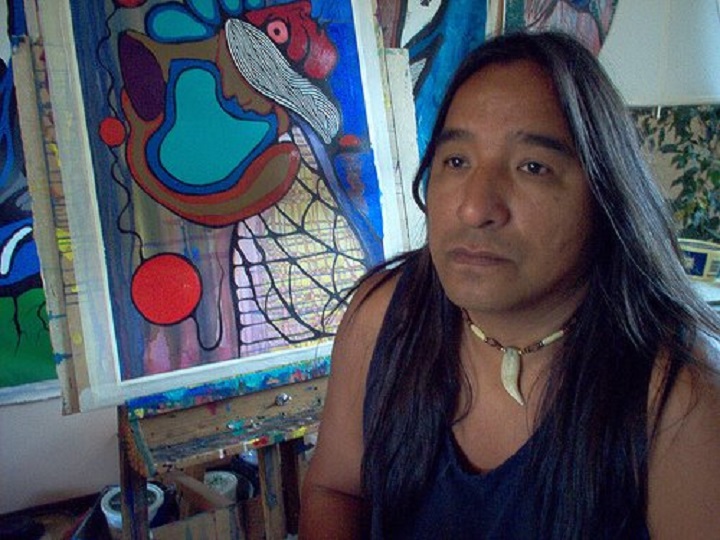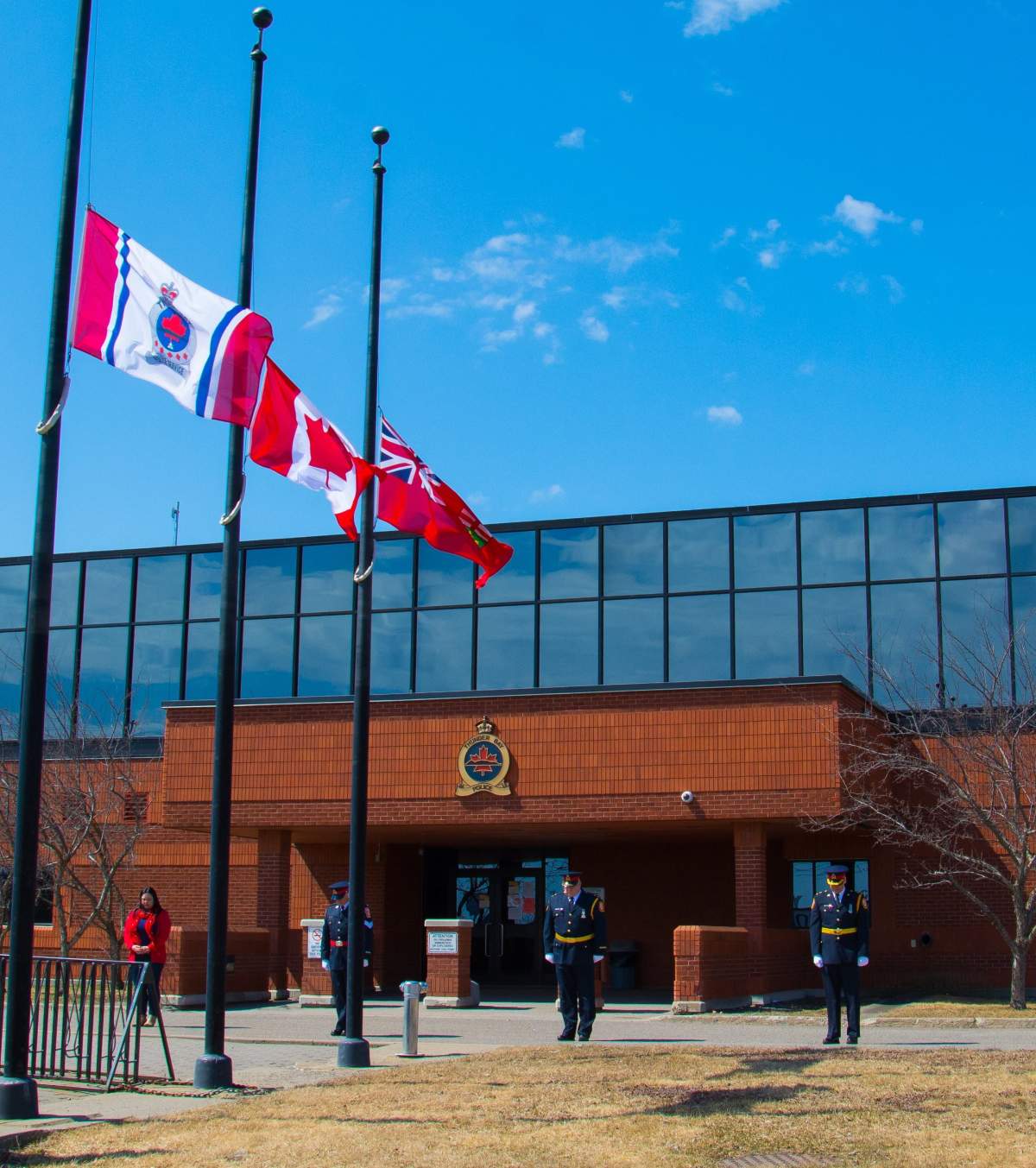A senior officer at a Thunder Bay, Ont., jail is telling an inquest the facility was understaffed and overcrowded with inmates when a renowned Indigenous artist died at the jail.

Moses Beaver, of Nibinamik First Nation, was found unresponsive in his cell in February 2017 before being taken to the Thunder Bay Regional Health Sciences Centre, where he was pronounced dead.
An inquest into the 56-year-old’s death began earlier this month and could make recommendations that include ways to improve mental health services in Thunder Bay’s jail and across remote First Nations.
Staff Sgt. Mark Dyrland, who works at the Thunder Bay jail, says the facility was understaffed around 2017, with only five employees running the entire jail on some days, and he as a supervisor had to serve meals and collect dishes at times so other staff members could take a break.
He says the number of inmates at the facility had been increasing and had reached more than 200 by 2016.

Get daily National news
The inquest jury has heard that the death of Beaver, who had mental health issues and sought help, was attributed to hanging.
Earlier this week, a psychiatrist who treated the renowned Indigenous artist told the inquest that inmates received inadequate mental health services at the facility.
Dr. Peter Schubert, who worked as a psychiatrist at the Thunder Bay jail between 2003 and 2018, told the inquest Tuesday that the psychiatric services at the jail didn’t meet the needs of the jail population.
He says he was scheduled to spend three hours a week in the jail to serve an average of 200 inmates, including many who had significant addiction and mental health issues.
The inquest jury heard earlier that Beaver, who was a self-taught Woodlands artist, had mental health issues and had sought help.
- Man charged after over 100 human skeletal remains found in Pennsylvania home
- Swiss prosecutors order detention of ski bar owner in deadly blaze probe
- New charges against man with al-Qaida ties as lawyer raises mental health concerns
- Man appealing human smuggling convictions can represent himself: U.S. judge








Comments